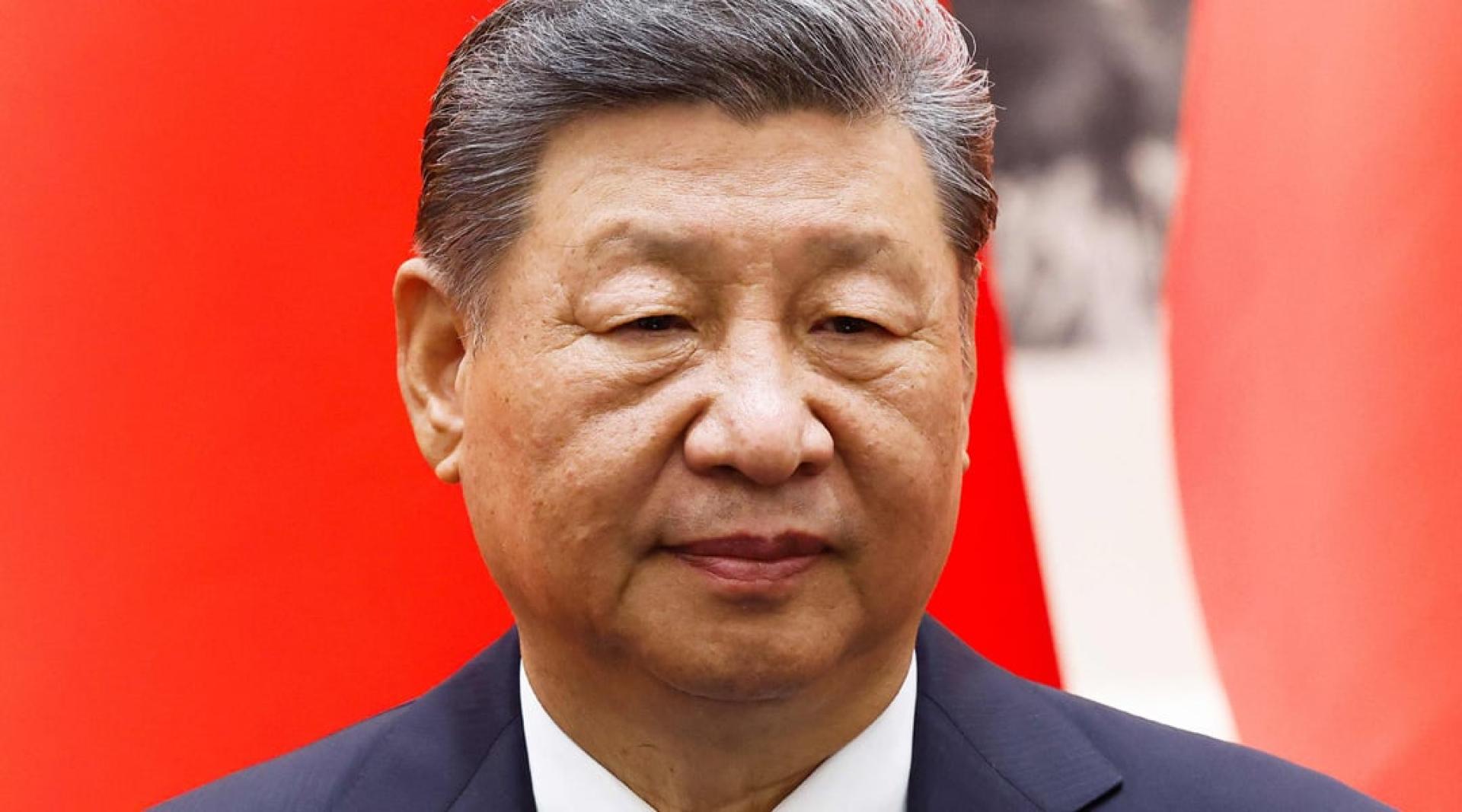Japanese Prime Minister Sanae Takaichi’s remarks on a “Taiwan contingency” have heightened tensions in Sino-Japanese relations. Chinese affairs expert Deng Yuwen, currently based in the US, explains that the best explanation for Beijing’s intense reaction is the offense to political authority, causing Chinese President Xi Jinping to feel betrayed and politically humiliated, making it “necessary to regain face.”
On the 17th, Deutsche Welle published an article by Deng Yuwen, analyzing how Takaichi’s “Taiwan contingency” statement crossed four Chinese red lines.
Deng points out that the first red line is challenging the “One China Principle” by suggesting that Taiwan is not part of China, touching on core interests.
Deng notes that the second red line is evoking collective memories of historical aggression, arousing Beijing’s vigilance against a potential resurgence of Japanese militarism.
The third red line is that Takaichi expressed to Xi Jinping at the Busan China-Japan summit her hope to stabilize bilateral relations and adhere to the 1972 normalization stance. Yet just one week after returning home, she made the “Taiwan contingency” remarks, which have been viewed as a deliberate betrayal and political humiliation. Deng Yuwen says that this point is rarely discussed by outsiders—and Beijing even less so—because it relates to Xi Jinping’s political authority, but in fact it best explains why Beijing has reacted so fiercely.
He explains that such inconsistent words and actions, in the context of Chinese political culture, are tantamount to a challenge to the supreme leader’s authority. For Xi Jinping, who holds a very high degree of authority, affronts to his personal political dignity are especially intolerable. Beijing’s anger towards Takaichi is, to a considerable extent, a reaction to this kind of “betrayal,” rather than purely a policy disagreement.
Undermining China’s Deterrent Effect Abroad
Deng Yuwen points out that the fourth red line is undermining China’s international deterrent effect, further internationalizing the Taiwan issue. He says Beijing’s greatest fear is that the Taiwan issue will shift from the current US-China power struggle to a broader Western-multilateral confrontation against China.
In the future, Western countries, and even some non-Western nations, could follow this pattern to openly support Taiwan, crossing China’s bottom line on the Taiwan issue. Beijing cannot possibly allow Japan to become the originator of such a “demonstrative effect,” hence it must respond forcefully.
Deng Yuwen believes that in the coming weeks, there is a high probability that Beijing’s countermeasures will not diminish, but instead continue to escalate. If Takaichi insists on not retracting her statements, Sino-Japanese relations will likely fall into a new and long-lasting, possibly irreversible, stage in the future. (Source: Central News Agency)
